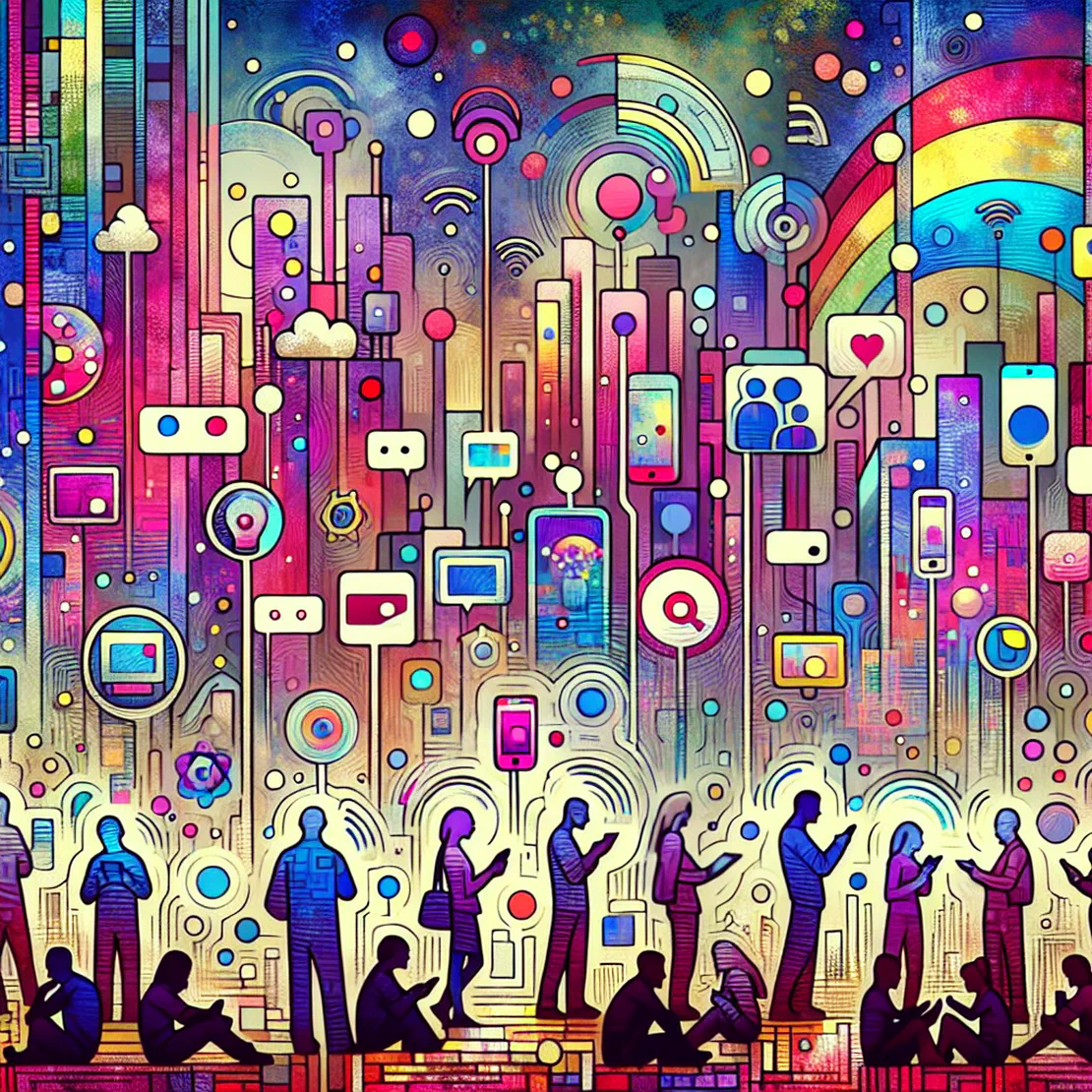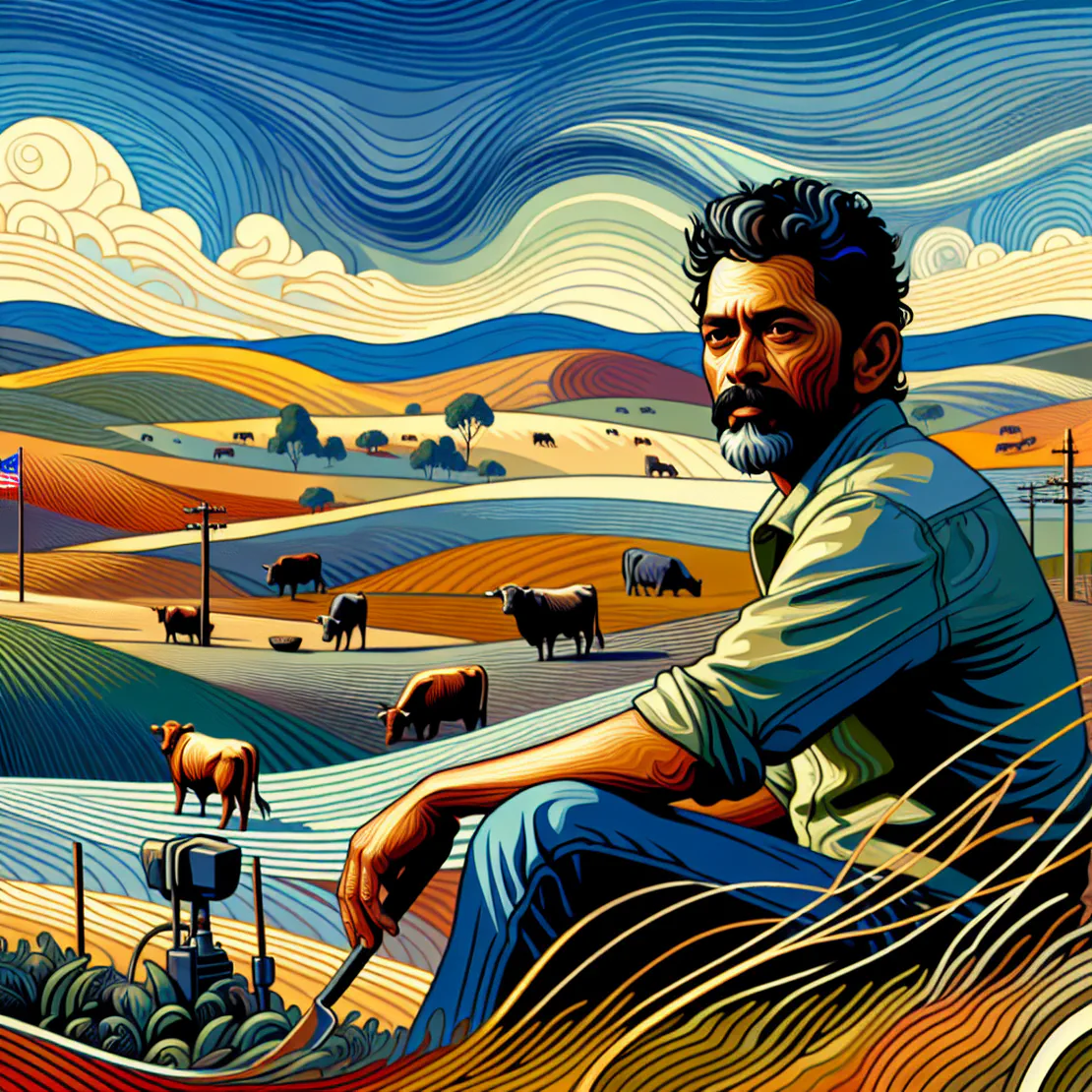
You 2.0: Fighting Despair
- Hidden Brain
- Kindness , Hope , Cynicism
- September 16, 2024
Table of Contents
At a Glance
-
Impact of Modern Convenience - ‘Need something from the grocery store? Plug your order into your phone.’ This comment highlights a critical observation about modern society’s shift towards convenience and isolation, sparking thoughts on its impact on human connection.
-
Cynicism in Media - ‘The problem is when journalists and the news media end up producing so much bad news that they skew people’s perception of what society is like.’ This point sheds light on how constant negative news can foster cynicism, affecting public perception and overall mental health.
-
Mean World Syndrome - ‘The more news a person watches, the more they think that others are dangerous, the more they think that crime is rising.’ A serious note on how media consumption can distort reality, leading to increased fear and withdrawal from society.
-
Transactional Worldview - ‘We count how much social approval we receive on different platforms like Facebook or Twitter or Instagram.’ This highlights the shift in how interpersonal relationships are increasingly viewed through a transactional lens, influenced by social media and other digital interactions.
-
Link Between Cynicism and Loneliness - ‘Cynicism prompts people to withdraw from the world but you’re saying that also the reverse is true?’ This explores the cyclical relationship between cynicism and loneliness, emphasizing the psychological impacts of a cynical outlook.
-
Jamil Zaki’s Personal Experience - ‘I felt completely sure that maybe Stanford had made an error in hiring me and certainly I wasn’t going to make it.’ Jamil shares a personal anecdote about his own insecurities, making the conversation relatable and showcasing the human side of an accomplished psychologist.
-
Hopeful Skepticism - ‘Hopeful skepticism is an openness to the world that is complemented by the idea that, hey, people are probably better than I think.’ This introduces a concept that combats cynicism while maintaining a realistic perspective, promoting a balanced outlook on human nature.
-
Small Acts of Kindness - ‘Everyday acts of kindness are one of the best ways to improve our own wellbeing.’ A powerful reminder of the positive feedback loop created by acts of kindness, relevant both for personal growth and fostering community.
-
Cynicism’s Impact on Perception - ‘Cynics perform less well on analytic and cognitive tests, and they’re worse lie detectors.’ This counters the common belief that cynics are more discerning or intelligent, challenging listeners to reconsider their assumptions about skepticism and distrust.
What to Do
-
‘Embrace Positivity’ - As mentioned by the speaker, spreading positivity is like squeezing toothpaste out of a tube; it’s something that can be left behind and can have a lasting impact even after one is gone. This suggests that embodying and sharing positivity can create a lasting legacy and influence.
-
‘Challenge Cynicism’ - The discussion about cynicism highlights its potential to skew perceptions and increase isolation. Challenging cynical views and engaging more openly with the world can help counteract negative biases and improve mental well-being.
-
‘Value Human Connections’ - In the conversation, the importance of not being overly transactional in relationships is emphasized. Viewing interactions as purely transactional can lead to a lack of genuine connection, which is essential for trust and mutual support.
-
‘Reduce Media Consumption’ - The concept of ‘Mean World Syndrome’ suggests that excessive exposure to negative news can distort one’s view of reality, increasing fear and distrust. Limiting media intake can help maintain a more balanced and less fearful outlook.
-
‘Recognize the Impact of Your Behavior’ - As shared by Jamil Zaki about his experience leading a lab, it’s crucial to be aware of how your own behavior affects others, especially in leadership roles. Reflecting on and adjusting your behavior can lead to a healthier work environment.
-
‘Learn from Mistakes’ - Acknowledging and learning from past mistakes, as Zaki did after creating a stressful lab environment, is vital for personal and professional growth. It demonstrates the importance of empathy and understanding in leadership.
-
‘Address and Heal from Past Traumas’ - Understanding the root causes of one’s defensive or cynical behavior, as Zaki explored his past family life, can be the first step toward healing and changing detrimental patterns.
-
‘Foster Social Connections’ - Engaging more deeply in social interactions rather than superficial or digital encounters can enrich one’s sense of community and belonging, which is essential for mental health.
-
‘Encourage Artistic Expression’ - As seen in the story of Atsushi Watanabe, art can be a powerful medium for personal expression and social commentary. Encouraging creative outlets can help individuals process and share their experiences and views.
-
‘Be Open to Feedback’ - Being receptive to feedback, as Zaki learned in his lab, is crucial for improvement and maintaining healthy relationships. It allows for adaptation and growth, both personally and within groups.
What to Get
Summary
In this episode of Hidden Brain, host Shankar Vedantam explores the theme of cynicism and its impact on society, with a particular focus on how our modern lifestyles contribute to a more cynical worldview. The episode features an insightful discussion with Stanford psychologist Jamil Zaki, who shares his expertise and personal experiences related to the subject.
The conversation begins by reflecting on how technological advancements and modern conveniences have led to increased isolation. Shankar discusses how services like Seamless, Netflix, and social media platforms have transformed everyday life but at the expense of reducing human interaction. This shift is depicted as a significant contributor to societal cynicism, as people increasingly avoid direct contact and retreat into safer, digital interactions.
Jamil Zaki shares a poignant story about a young Japanese artist named Atsushi Watanabe who became reclusive, illustrating how isolation can deeply affect individuals. The narrative shifts to Zaki’s experiences starting a lab at Stanford, where his initial leadership approach, driven by anxiety and high expectations, inadvertently created a stressful environment. This personal anecdote serves as a backdrop for discussing the dangers of a cynical outlook, particularly for someone who studies empathy.
The episode also touches on the role of media in fostering cynicism. The conversation critiques how the predominance of negative news can lead to what’s known as the “Mean World Syndrome,” where excessive exposure to negative stories skews our perception of reality, making the world appear more dangerous and hostile than it actually is. Zaki and Vedantam discuss the need for a balance in journalism that not only reports problems but also highlights human goodness and cooperation.
Moreover, Zaki explains how living in a transactional society, where interactions are often measured and quantified, can exacerbate feelings of cynicism. This market mentality seeps into personal relationships, eroding trust and communal bonds. The discussion concludes with an exploration of the link between cynicism and loneliness, suggesting that while cynicism can lead to social withdrawal, the loneliness that ensues can further deepen cynical views, creating a vicious cycle.
Overall, the podcast episode delves into the complex relationship between modern life conveniences, media consumption, societal expectations, and the rise of cynicism, providing both scholarly insights and personal reflections to understand how these elements interconnect and influence our social fabric.


